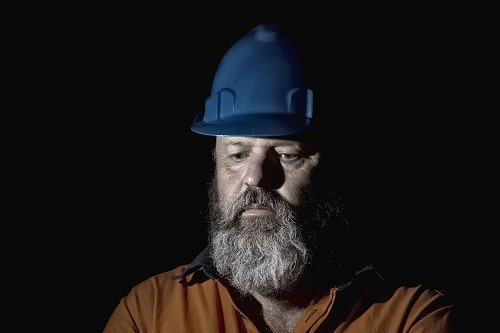Expanding London’s Ultra Low Emissions Zone (ULEZ) last August contributed to “dramatically lower” pollutant emissions across the UK capital in 2023, according to a report from City Hall.
News
ULEZ expansion helped improve air quality in London, says City Hall report
The report, published on 25 July, covered the six-month period from when ULEZ was expanded to cover all of Greater London on 29 August 2023. It estimated that particulate matter (PM2.5) pollution from car and van exhaust fumes in outer London was 20 per cent lower than it would have been without the expansion.
 ULEZ was expanded to cover all of Greater London on 29 August 2023. Photograph: iStock/Alena Kravchenko
ULEZ was expanded to cover all of Greater London on 29 August 2023. Photograph: iStock/Alena Kravchenko
The analysis also found that nitrogen oxide (NOx) emissions from cars and vans in outer London were estimated to have reduced by 13 per cent and 7 per cent, respectively, compared with a scenario without the ULEZ expansion.
Harmful roadside nitrogen dioxide (NO₂) concentrations in outer London were estimated to have been 21 per cent lower than they would have been without ULEZ – a less dramatic reduction than the 53 per cent drop in central London and the 24 per cent reduction in inner London.
Under the ULEZ scheme, vehicles that do not meet minimum emissions standards must pay a £12.50 daily charge to drive in the zone. A scrappage programme is in place, which provides non-compliant vehicle owners with up to £2,000 to scrap their vehicles.
ULEZ has faced fierce opposition, including unsuccessful legal challenges from five Conservative-led councils. Responding to City Hall’s report, Conservative London Assembly member Neil Garratt described the reduction in air pollution as “minimal”.
The report’s authors acknowledged that it is “not straightforward to isolate the impact of the ULEZ and its expansions” from other emissions-reduction policies that have been rolled out across London, such as zero-emission buses. The analysis, therefore, shows the impacts of all policies, not just ULEZ.
Nevertheless, the Mayor of London, Sadiq Khan, said the report showed that ULEZ is “working even better than expected”. He added: “It’s thanks to our bold policies, including ULEZ, that we are now set to get London’s air to within legal limits by 2025 – 184 years earlier than previously projected.”
Air quality campaigner Rosamund Adoo-Kissi-Debra CBE, who founded the Ella Roberta Foundation in memory of her daughter daughter – whose death in 2013 at the age of nine was found to have been caused by air pollution – said she was “encouraged and pleased” by the report’s findings. She added: “People’s health, particularly children’s, should always be prioritised by society, and I hope politicians and decision-makers will continue to clean up London’s air so that everyone, regardless of where they live in the city, can breathe clean, safe air.”
Read Adoo-Kissi-Debra’s recent article on the hidden dangers of indoor air pollution for Safety Management here. Information on British Safety Council’s Time to Breathe air pollution campaign can be found here.
NEWS

Employers unprepared for menopause duties, research suggests
By Belinda Liversedge on 24 February 2026
Most employers remain uncertain about duties coming into force to support female workers undergoing the menopause, a new poll suggests.

Ramadan: what employers should know about supporting their workforce
By Belinda Liversedge on 18 February 2026
As Ramadan begins this week, UNISON has reminded employers to think about reasonable adjustments for their Muslim workforce’s religious observance such as fasting, prayers, and flexible schedules.

Nearly half of UK workers afraid to flag risks, finds new research
By Belinda Liversedge on 10 February 2026
A significant “silence gap” is threatening UK workplace safety and operational integrity, according to new data released by training provider Mental Health First Aid (MHFA) England.



